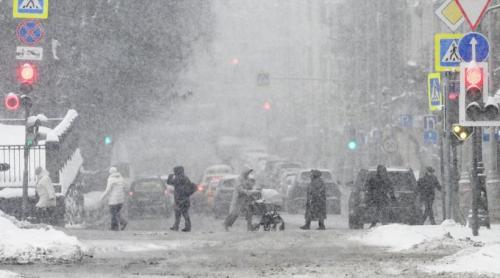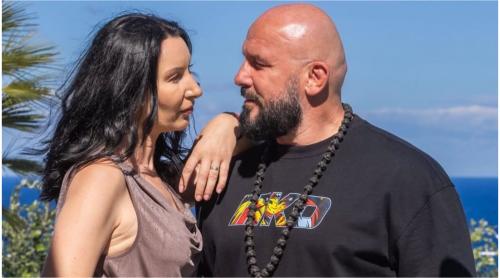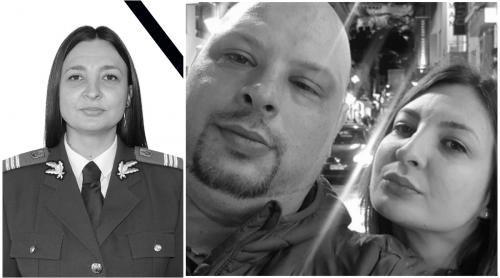Prince Carol Mircea Grigore of Romania, 85, first born of King Carol II of Romania, died Friday.
It is difficult to write about a man who is part of Romaniaâs history, and yet is so little known to the public. This silence had two sources: one was that the others kept silent about the unwanted heir to the throne; the other one was that he himself kept his distance from the throne.
The last time Carol Mircea stayed away from temptation was in the early â90s, when he refused to be used as a political weapon against his younger brother, former King Michael, by the politicians of the day scared that monarchy could make a come-back to Romania.
Carol Mircea never claimed his right to the throne, as the first born son of King Carol II. But he wanted his name back. First, he got that recognition in French and Portuguese courts and, in 2004, in Romanian courts; thus he had his birth certificate attesting his fatherâs name released on 11 February that year.
Though he lived for decades in France and Great Britain, Carol Mircea never had other citizenship than Romanian. He clanged to it hoping that Romanian authorities, after annulling the marriage of his father with his mother, Ioana-Maria Valentina Lambrino, would recognize he was the legitimate bearer of his fatherâs name.
Both Carol Mirceaâs parents died in 1953, a short time apart. It was rumored that former King Carol II had a heart attack when receiving a telegram from his first born son informing him of his first wifeâs death. In the subsequent court trials for partitioning King Carol II wealth, Carol Mircea was recognized as the kingâs natural son in Portuguese and French courts. This is why both he and his younger brother, King Michael, inherited equal shares in their fatherâs properties abroad.
But properties were to be partitioned in equal parts in Romania too. Hence these were the high stakes which prompted Romanian courts to procrastinate, from 1991 to 2004, recognizing Carol Mircea as the first born of Carol II. This was also the reason why the courts also decided to scrap the first decision twice since then.
Carol II had a very unfortunate relationship with his two sons, which carried between them a twisted and strained relationship too.
I had the opportunity to cover, for the Jurnalul National daily, Carol Mirceaâs only return to Romania, in 2005, after long decades in exile. His previous visit had taken place at his grandmotherâs funeral, Queen Mary of Romania.
I would not be surprised to find out this daily was the only one to cover Carol Mirceaâs death.
The life and death of an innocent may not enter the pages of dailies around Romania, but may be fully capsulated in a tear drop shed for a world that is forever gone.
Translation by Anca Paduraru

















